Washing treatment of Rosa Coffee Flavor in Las Nubes Coffee Manor, Costa Rica
Professional coffee knowledge exchange more coffee bean information please follow the coffee workshop (Wechat official account cafe_style)
For more boutique coffee beans, please add private Qianjie coffee on Wechat. WeChat account: qjcoffeex
Washed Rose Summer Coffee beans at Yunwu Manor in Los Santos, Costa Rica
Producing area: Los Santos
Manor: cloud Manor Las Nubes
Treatment method: washing treatment
Variety: Rose summer
Altitude: 2000m
Flavor: Jasmine, mango, yellow apricot, coconut, lactic acid
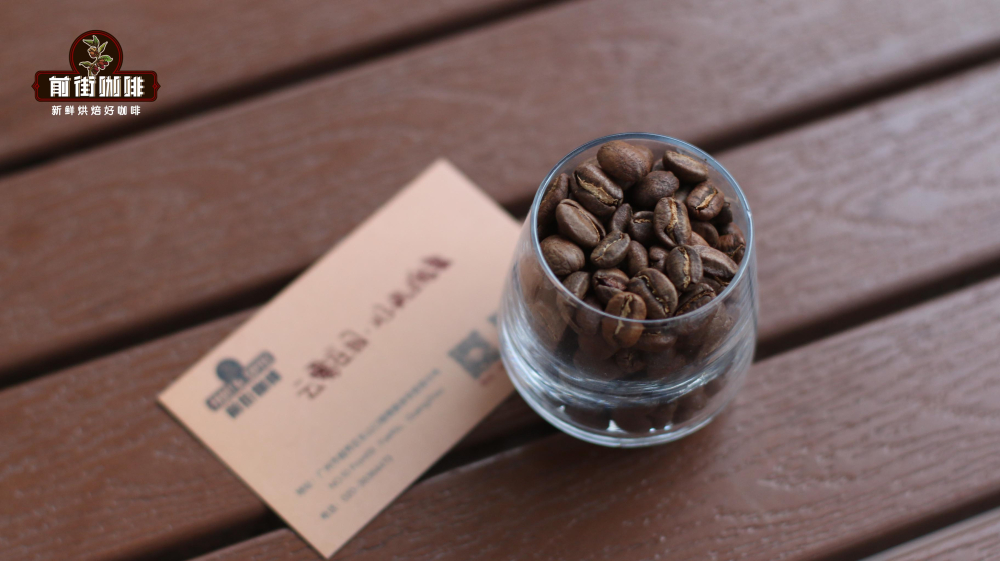
Los Santos producing area (los santos)
Protected by the Pacific slopes, Los Santos has become a refuge for forests and birds. Since the mid-19th century, people from the Central Valley (Cetral Valley), another major coffee growing area in Costa Rica, began to emigrate here and began to grow coffee on its high mountains, small valleys and slopes.
The area has a planting area of about 22000 hectares and consists of small farms with an average area of 2.5ha. More than 95 per cent of coffee beans produced here are of SHB grade. It is the highest and best hardness grade of Costa Rican coffee beans.
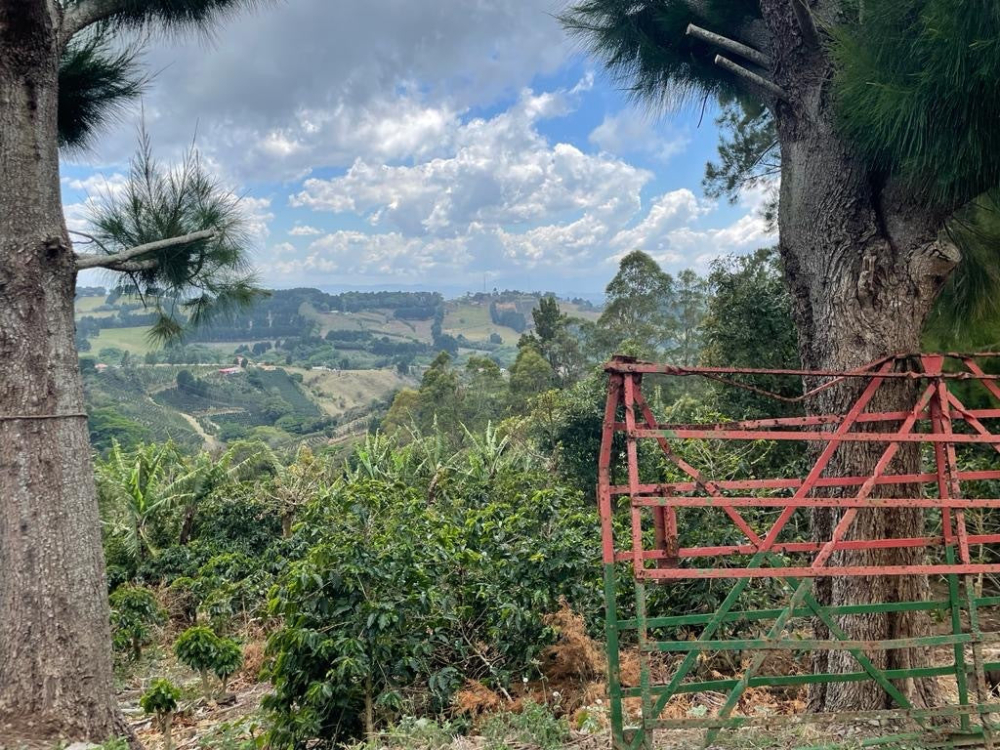
At the same latitude and on the same plot, the higher the altitude, the greater the temperature difference between day and night, the longer the coffee growing period, the harder the beans, the more nutrients absorbed in the beans, the more obvious the flavor substances will be. Usually only coffee beans planted in Costa Rica above 1400m above sea level can achieve this hardness, and the flavor of coffee will be richer and more obvious.
Los Santos can grow high-quality coffee, in addition to high altitude, but also benefit from a clear rainy season, lasting seven months (May to November) and dry season (December to April), which is conducive to coffee flowering and harvest. It takes five months from November to March, which coincides with the dry season, which helps to dry the sunshine of coffee.
Cloud Manor (Las Nubes)
Cloud Manor is located in the Santamaria region of San Jos é, Costa Rica (Santa Mar í a de Dota). The manor is more than 2000 meters above sea level. due to the distribution of a lot of rocks on the land, the plots are relatively scattered and the total planting area is only 1 hectare.

When Isidro Isidro Batlle, the first owner, bought the farm in the 1920s, he was inspired by its high altitude and named it Finca Las Nubes, meaning "cloud". Today, the manor has a history of a hundred years, but it is still the benchmark for local high-quality coffee.
In order to produce good coffee, generations of landowners focus on many innovative equipment to optimize the treatment and various experiments. In addition to summer roses, the manor also grows coffee varieties from other countries, such as Typica Mejorado, Kenya and Castillo, to maintain the diversity of coffee trees in the estate and to study more cases of leaf rust.
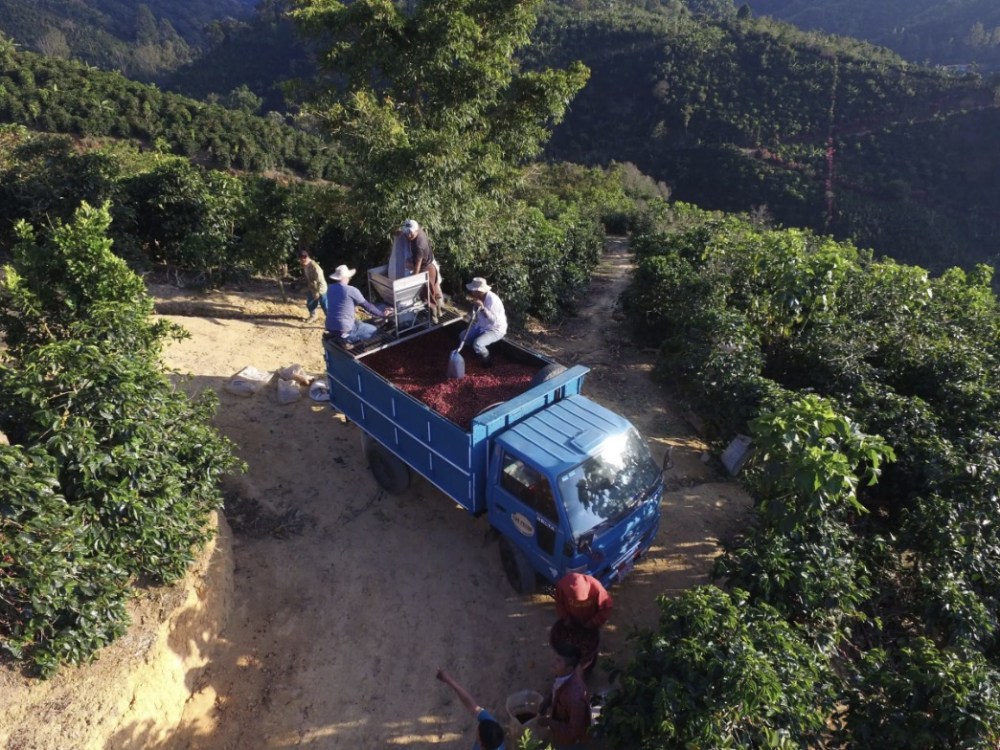
The manor mainly uses water washing, sun exposure and honey treatment to extract coffee beans. In recent years, with the popularity of anaerobic treatment, in 2022, the manor first launched a batch of coffee which was anaerobic fermented by coffee pulp fruit enzyme for 72 hours, and named the treatment Juicy Natural.
Every summer, the ripe coffee fruit is harvested by experienced Panamanians, and after different treatment steps, it is finally placed on a greenhouse scaffolding at an altitude of 2100 meters to dry. This time, Qianjie Coffee starts with a kind of water-washed Rosa coffee beans.
Rose summer coffee variety (Geisha)
The rose variety grown in Costa Rica is known as Geisha T2722, also known as Panama, with bright citrus acidity and fresh floral flavor.
The rose variety was first collected from the coffee forest of Ethiopia in the 1930s. From there, it was sent to the Lyamungu Research Station in Tanzania and then taken to the Centre for Tropical Agricultural Research (CATIE) in Central America in 1953, where it was recorded as joining T2722.
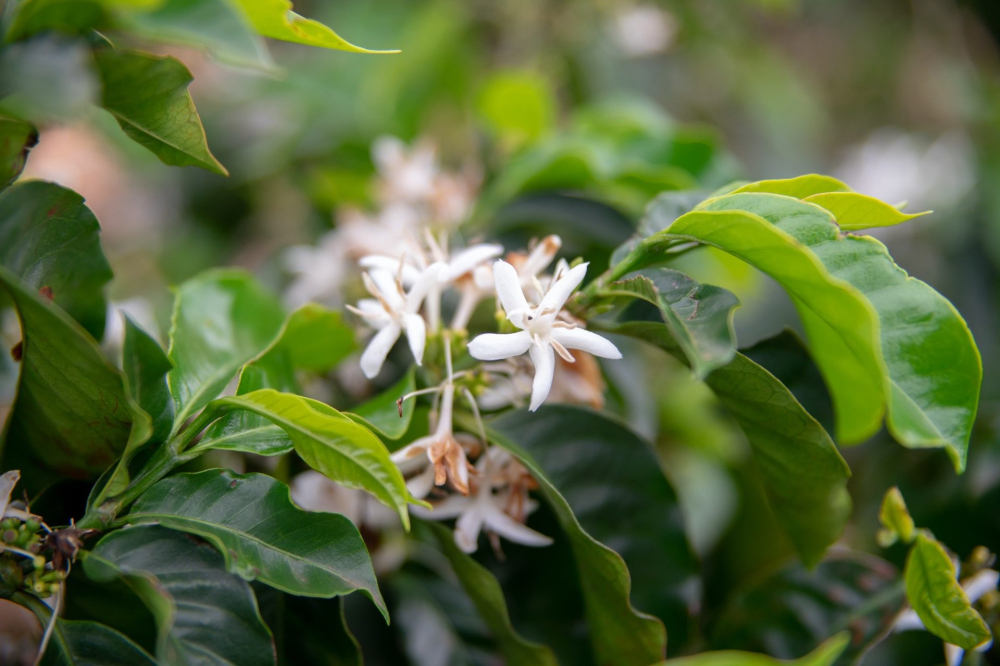
In the 1960s, when it was recognized that it was resistant to coffee leaf rust, it spread through CATIE throughout Panama. However, the branches of this plant are easily broken and are not popular with farmers, so they are not widely planted.
In 2005, the Peterson family of Poket in Panama chose the coffee to take part in the competition and auction of the "Best Coffee in Panama" (Best of Panama), which made it famous. Since then, Costa Rica and other coffee-producing countries have begun to pay attention to the rose variety, and widely planted.
Washing treatment (Washed)
According to data, washing treatment was first introduced into Costa Rica in 1830; by 1905, there were nearly 200 washing plants there. Washing treatment makes the quality of coffee more controllable and improves the quality of coffee.
The peel and pulp of coffee fruit were removed by washing, and the pectin layer was removed by pool fermentation and dried in the sun. In the sun treatment, the fruit was kept completely and dried in the sun, and then the pectin part of the peel and pulp was removed. The defect rate of washed coffee was lower than that of sun treatment, which kept the quality of Costa Rican coffee good enough at that time.
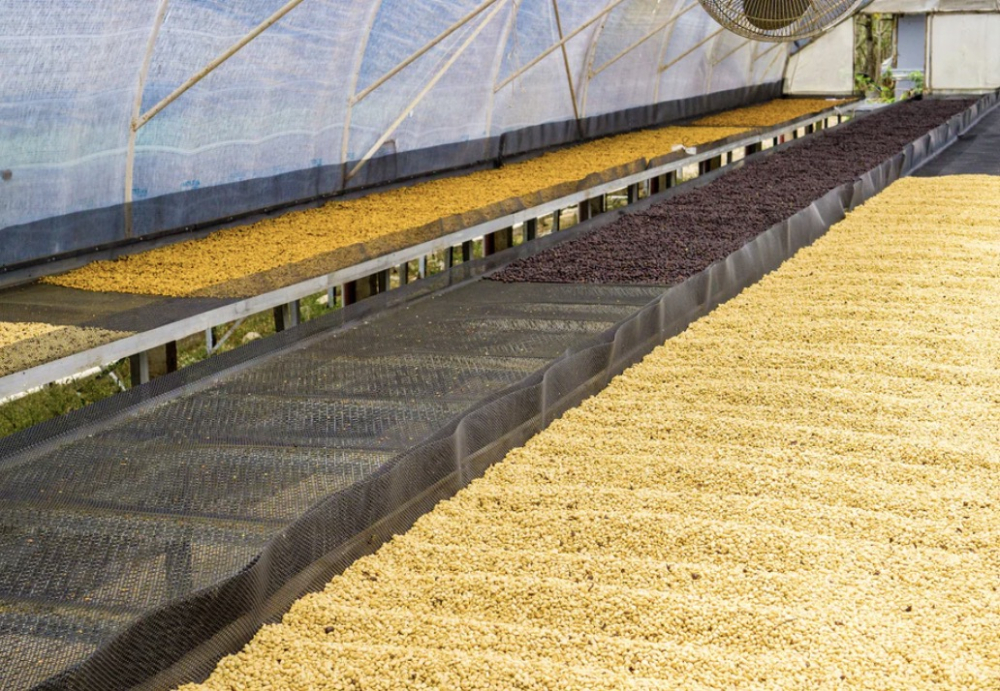
Under the washing treatment, the Rosa coffee beans show a very full acidity, full as mango juice, fragrance of yellow apricot and jasmine, and sweetness like coconut.
The parameters of Qianjie coffee hand punching are recommended:
Filter cup: V60 filter cup
Powder content: 15g
Ratio of powder to water: 1:15
Degree of grinding: the screening rate of China 20 standard screen is 78%.
Water temperature: 90-91 degrees Celsius
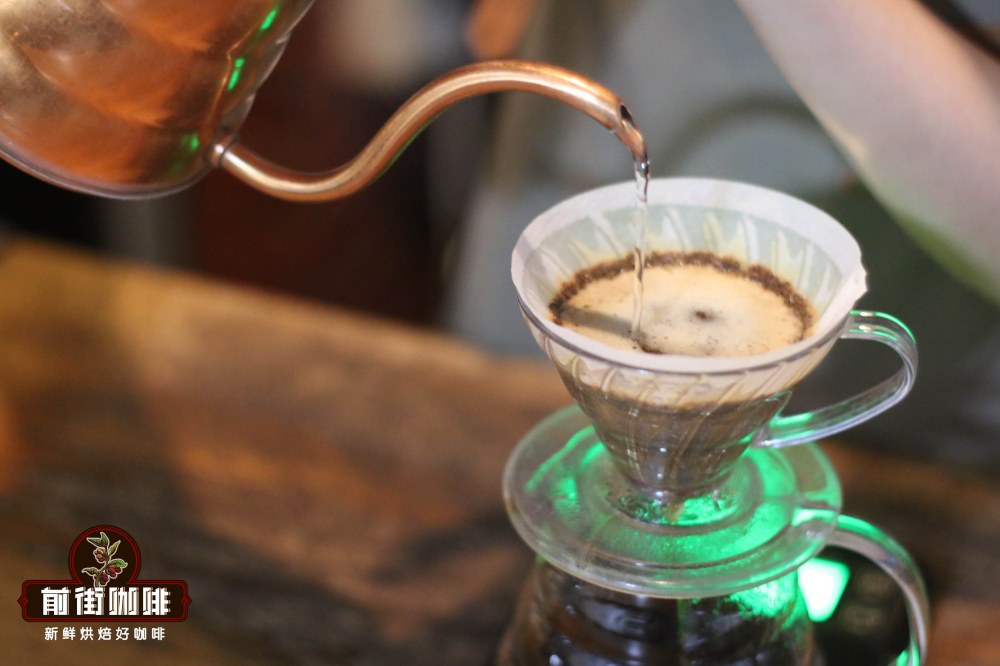
With three-stage circular water injection technique: first, the powder layer is fully wetted in the shape of "hamburger" and steamed for 30s with 30g water, and then boiled in the second stage; in the front street of the second stage, the smooth medium-fine water is injected round to 125g and then stop. when the water level drops to 2 / 3 of the powder layer, it is injected into the third stage; the third stage continues to use medium-fine water to inject to 225g and end the water injection, with a total extraction time of 225g ".
Important Notice :
前街咖啡 FrontStreet Coffee has moved to new addredd:
FrontStreet Coffee Address: 315,Donghua East Road,GuangZhou
Tel:020 38364473
- Prev
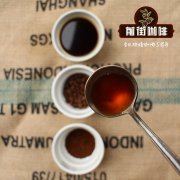
How does the coffee from El Salvador taste? How are the raw coffee beans in El Salvador graded?
El Salvador bourbon coffee is famous for its sweetness and balanced taste, with pleasant supple acidity and overall harmony. El Salvador began to grow coffee commercially in the 1850s and became the fourth largest coffee producer in the world in 1880, becoming an important source of economy and a major export crop in El Salvador. But the civil war broke out in the 1980s, and coffee was produced.
- Next
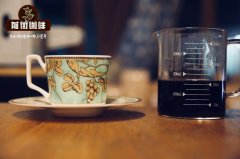
Flavor characteristics of Cabana Manor Coffee Bean Cabana Honey treated Coffee
Cabana Manor, located in the Tarazu producing area of Costa Rica, covers an area of about 10 hectares. it is currently operated by the third generation Javier Meza Morales of the manor. in the progressive manor, they began to deal with raw beans themselves and purchased Beneficio in 2008-2009. at the same time, they also put into fine processing of raw beans, Cabana manor honey treatment batches, harvest the most mature coffee cherries of the day.
Related
- Does Rose Summer choose Blue, Green or Red? Detailed explanation of Rose Summer Coffee plots and Classification in Panamanian Jade Manor
- What is the difference between the origin, producing area, processing plant, cooperative and manor of coffee beans?
- How fine does the espresso powder fit? how to grind the espresso?
- Sca coffee roasting degree color card coffee roasting degree 8 roasting color values what do you mean?
- The practice of lattes: how to make lattes at home
- Introduction to Indonesian Fine Coffee beans-- Java Coffee producing area of Indonesian Arabica Coffee
- How much will the flavor of light and medium roasted rose summer be expressed? What baking level is rose summer suitable for?
- Introduction to the characteristics of washing, sun-drying or wet-planing coffee commonly used in Mantenin, Indonesia
- Price characteristics of Arabica Coffee Bean Starbucks introduction to Manning Coffee Bean Taste producing area Variety Manor
- What is the authentic Yega flavor? What are the flavor characteristics of the really excellent Yejasuffi coffee beans?

